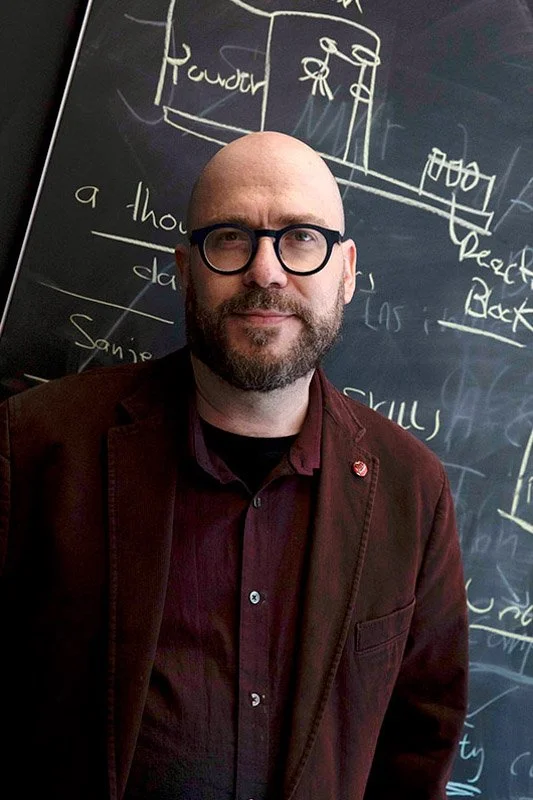Alán Aspuru-Guzik (photo: supplied)
Alán Aspuru-Guzik, professor of chemistry and computer science at the University of Toronto, has been named a Fellow of the Royal Society of Canada (RSC), one of the country’s highest academic honours.
Aspuru-Guzik joined U of T in 2018, drawn by Canada’s commitment to innovation and social democracy. He said the recognition is especially meaningful as he prepares to become a Canadian citizen.
“I decided to move to Canada and continue my career at the University of Toronto, and it was a great decision,” he said. “I love Canada in many ways — from the university culture to the city and country culture. The fact that the Royal Society of Canada selected me as a fellow is very special.”
Aspuru-Guzik recently passed the Canadian citizenship test and is awaiting his citizenship ceremony. “It’s a great thing to have happen in 2025,” he added.
The RSC celebrates both academic excellence and societal impact. Aspuru-Guzik’s work bridges both, with research that advances scientific discovery and addresses global challenges.
As co-director of the Matter Lab with Varinia Bernales, Aspuru-Guzik leads efforts to accelerate discovery in chemistry and adjacent fields. His team contributed to the first AI-discovered lead candidate for a drug, published in Nature Biotechnology, and helped pioneer organic flow batteries, featured in Nature. Most recently, his lab demonstrated how AI and self-driving labs can accelerate molecular discovery, using organic lasers as a case study in Science.
“Our mission is to democratize self-driving laboratories via the Acceleration Consortium,” he said. “This work can help others develop materials for society and tackle challenges like climate change and technological equity.”
In 2023, the Acceleration Consortium received the largest federal research grant ever awarded to a Canadian university. The $200-million grant by the Canada First Research Excellence Fund (CFREF) supports the consortium’s work on self-driving labs — combining AI, robotics and advanced computing.
“Alán’s work exemplifies the kind of excellence and innovation we value at U of T,” said Eyal de Lara, professor and chair of the Department of Computer Science. “His contributions have had a profound impact on both academia and society. We’re proud to celebrate his recognition by the Royal Society of Canada.”
Aspuru-Guzik also mentors the next generation of researchers. His advice to early-career scientists: pursue bold, interdisciplinary questions.
“Follow what I call the Aspuru-Guzik/Whitesides rules,” he said, referring to a recent publication in Faraday Discussions. “Chase unsolved, yet achievable problems that could impact humanity. Don’t follow the crowd, focus on the unknown and work at multidisciplinary interfaces.”

